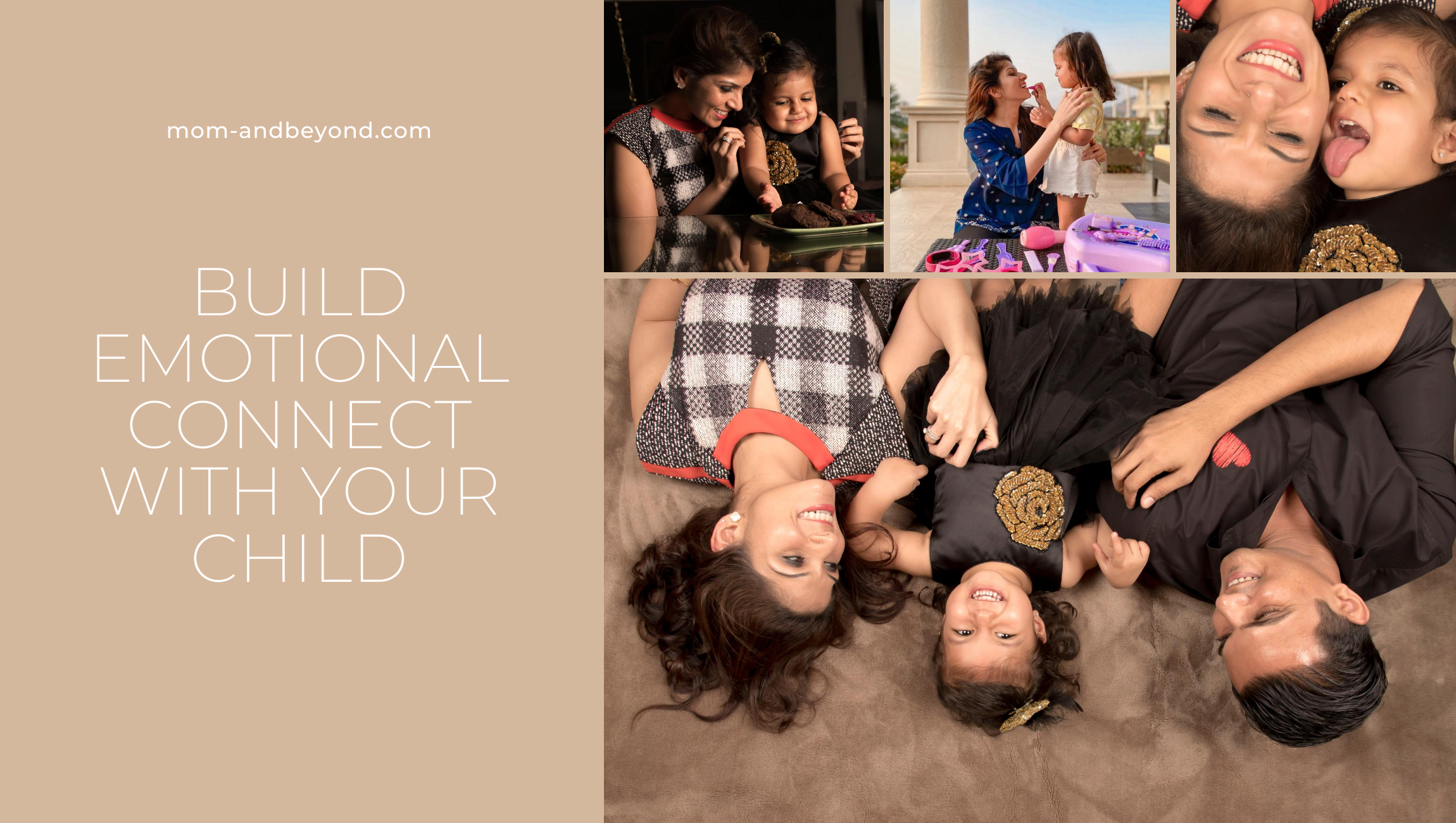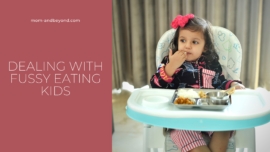The value of emotions comes from sharing them, not just having them. Although emotional safety is a term commonly used in couples’ therapy, it also has a powerful impact on the social and psychological well-being of children.
Emotional safety means that members in the relationship feel safe enough to be vulnerable. The absence of emotional safety will lead to neurological imbalance, inappropriate social, emotional and communication behaviors. In the parent-child relationship, children will feel emotionally safe if they perceive a strong connection to their parents and if they believe that they are held in high esteem.
Our children’s emotional safety largely depends on the vibes we send them. Once they feel safe, they will be able to express their emotions better. Here is what you can do to build a stronger emotional connect with your child.
- Love your child as they are: Author William Martin once said, “You do not have to make your children into wonderful people. You just have to remind them that they are wonderful people. If you do this consistently from the day they are born, they will believe it easily.”
Tell your child how much they mean to you and let them know that you are always there for them. Create a loving environment so your child can feel safe to express their emotions. - Validate their emotions: Teach your child to identify their emotions and be comfortable with them. Dismissing their emotions will make it tough for them to deal with it even in future. In worst case, they will develop secondary emotions such as shame or fear. When children know their emotions are valid, they will respond to them in the correct manner.
For example, when you tell your child you understand their disappointment for not getting the toy they want. You not only help them put a name on their emotions, you also enable them to understand those emotions better. - Address your own emotional needs: You must learn to address your own emotions first. An emotionally distant parent will lead to an emotionally distant child. Our past frustrations, shame and feelings of anger can stir up fears that may influence how we parent our children. Instead of hiding our emotions, such as anger, we must express it in a better way. Because, our children are learning by watching us.
- Listen before reacting: Much of your child’s behavior is driven by their emotions. So before you react, learn to identify the unspoken words behind their emotions. Ask your child questions like- Do you want me to come with you? What can I do for you?- and so on. Simply telling your kid, “I’m here” can help create an environment in which she feels safe.
- Make time to connect: The more you bond with your child, the more emotionally safe they will feel. The power of touch also plays a vital role in encouraging emotional bond with your children. Spend time with your children, which will help them emotionally connect with you. They will feel secured and develop a trusting relationship with you.
Hug, cuddle and kiss your child often, deepening your bond with them. Play games, interact with them frequently about their day, have a pillow talk with them to enhance the emotional aspects of your relationship with your child.





Leave a Reply